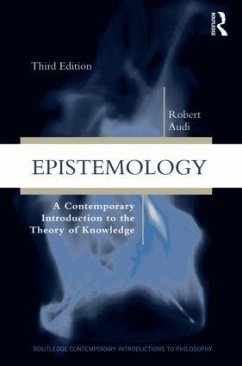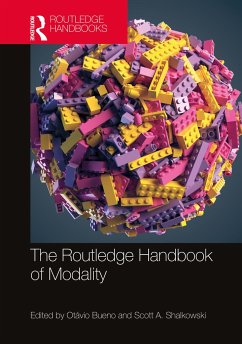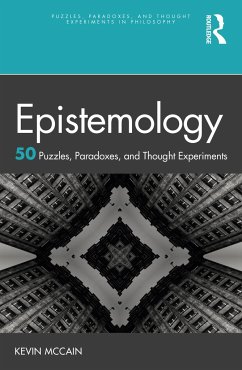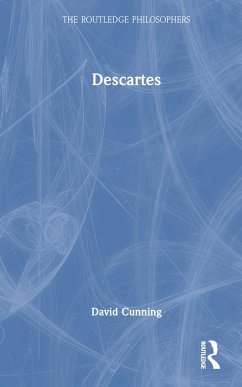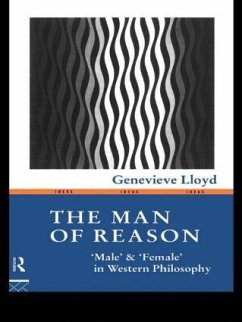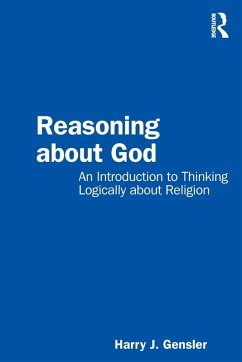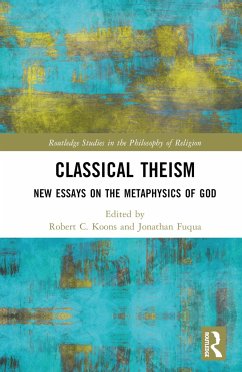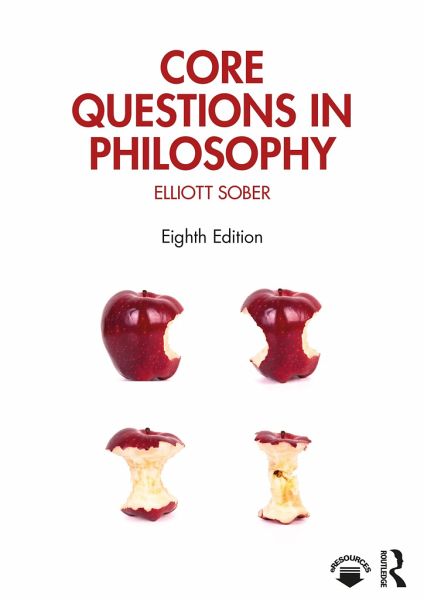
Core Questions in Philosophy
Versandkostenfrei!
Versandfertig in 6-10 Tagen
71,99 €
inkl. MwSt.
Weitere Ausgaben:

PAYBACK Punkte
36 °P sammeln!
Writtten in an engaging lecture-style format, this 8th edition of Core Questions in Philosophy shows students how philosophy is best used to evaluate many different kinds of arguments and to construct sound theories. Well-known historical texts are discussed, not as a means to honor the dead or merely to describe what various philosophers have thought but to engage with, criticize, and even improve ideas from the past. In addition-because philosophy cannot function apart from its engagement with the wider society-traditional and contemporary philosophical problems are brought into dialogue wit...
Writtten in an engaging lecture-style format, this 8th edition of Core Questions in Philosophy shows students how philosophy is best used to evaluate many different kinds of arguments and to construct sound theories. Well-known historical texts are discussed, not as a means to honor the dead or merely to describe what various philosophers have thought but to engage with, criticize, and even improve ideas from the past. In addition-because philosophy cannot function apart from its engagement with the wider society-traditional and contemporary philosophical problems are brought into dialogue with the physical, biological, and social sciences. Text boxes highlight key concepts, and review questions, discussion questions, and a glossary of terms are also included.
Core Questions in Philosophy has served as a premier introductory textbook for three decades, with updates to each new edition.
Key updates to this 8th edition include:
A newchapter, "Probability and Bayes' Theorem"
A new explanation of the concept of "soundness," as a useful tool in assessing arguments
A clearer explanation, in the chapter on evolution, of the crucial biological idea that the similarities of different species provide evidence of their common ancestry
A new discussion of evolutionary altruism in the chapter on psychological egoism
A presentation of two interesting arguments from historically important Islamic and Confusian philosophers
Improved clarity and updated material from philosophy and empirical research, throughout
Revisions to the online list of recommended resources include:
Additional recommendations of supplementary readings, with the inclusion of more work from female philosophers
New recommended videos and podcasts, all organized by their relevance to each chapter in the book
Core Questions in Philosophy has served as a premier introductory textbook for three decades, with updates to each new edition.
Key updates to this 8th edition include:
A newchapter, "Probability and Bayes' Theorem"
A new explanation of the concept of "soundness," as a useful tool in assessing arguments
A clearer explanation, in the chapter on evolution, of the crucial biological idea that the similarities of different species provide evidence of their common ancestry
A new discussion of evolutionary altruism in the chapter on psychological egoism
A presentation of two interesting arguments from historically important Islamic and Confusian philosophers
Improved clarity and updated material from philosophy and empirical research, throughout
Revisions to the online list of recommended resources include:
Additional recommendations of supplementary readings, with the inclusion of more work from female philosophers
New recommended videos and podcasts, all organized by their relevance to each chapter in the book






